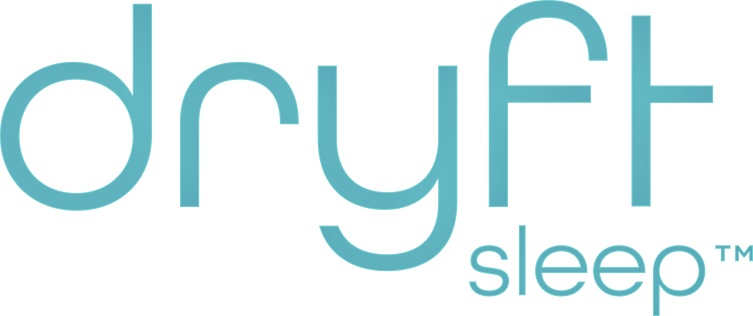Are You a Mouth Breather? 5 Ways to Find Out

Mouth breathing while sleeping is a surprisingly common habit. In fact, it’s estimated that up to 61% of the population self-identify themselves as mouth breathers.
Mouth breathing means that a person generally breathes through their mouth for sustained periods of time, such as sleeping, but people are just as likely to mouth breathe during the day, too.
A few causes for mouth breathing include allergic rhinitis (meaning inflammation of the nasal passages from common allergens like dust and dander), enlarged tonsils, enlarged adenoid glands (the tiny pieces of tissue in the back of your throat, above your tonsils), or even a deviated septum or enlarged or misshapen turbinates in the nose (made of bone and soft tissue, these are located inside the nose, near the septum).
Mouth breathing can be something a person does every day, or it can come and go throughout a person’s life. Age, gender, life changes, weather conditions, even hormones, and hydration can affect how well our nasal breathing functions.
When our nasal breathing isn’t performing at the optimal level, our bodies will automatically use our mouths as a “backup” to get the proper amount of oxygen into our lungs for breathing.
So, what does it mean to be a mouth breather? Here are five ways to find out if you’re part of the mouth breathing club:
- You regularly sleep with your mouth open (which can lead to dry mouth, irritated gums, and chapped lips)
- You snore (loud or quiet, snoring is actually caused by mouth breathing, not your nose!)
- You drool while sleeping
- You are agitated or frequently wake while sleeping due to dry mouth or a sore throat (often, this is the most obvious sign)
- You experience nasal obstruction or congestion, forcing you to breathe through your mouth (nasal obstruction can be caused by a number of factors, including a deviated septum)
The good news is that being a mouth breather, though uncomfortable while it lasts, can be preventable in some people. There are key risk factors that contribute to mouth breathing, especially mouth breathing-related snoring. Let’s break them down:
- Men are actually more likely to snore or have sleep apnea than women
- People that are overweight or obese are more likely to snore
- Some people are born with a narrow airway, making mouth breathing more common. To see if this applies to you, meet with your doctor or an Ear Nose and Throat (ENT) specialist
- Drinking alcohol before sleep can affect snoring, as alcohol relaxes your muscle, including your throat muscles
- Sometimes its just hereditary! Meet with your doctor and ask family members about their breathing habits to learn if snoring is a trait that runs in your family
One way to encourage nasal breathing instead of mouth breathing is to train your body to breathe through your nose more consistently. For some, the simplest way to do this is to use a gentle mouth tape like Dryft Beauty-Sleep Strips to keep the mouth closed while sleeping.










